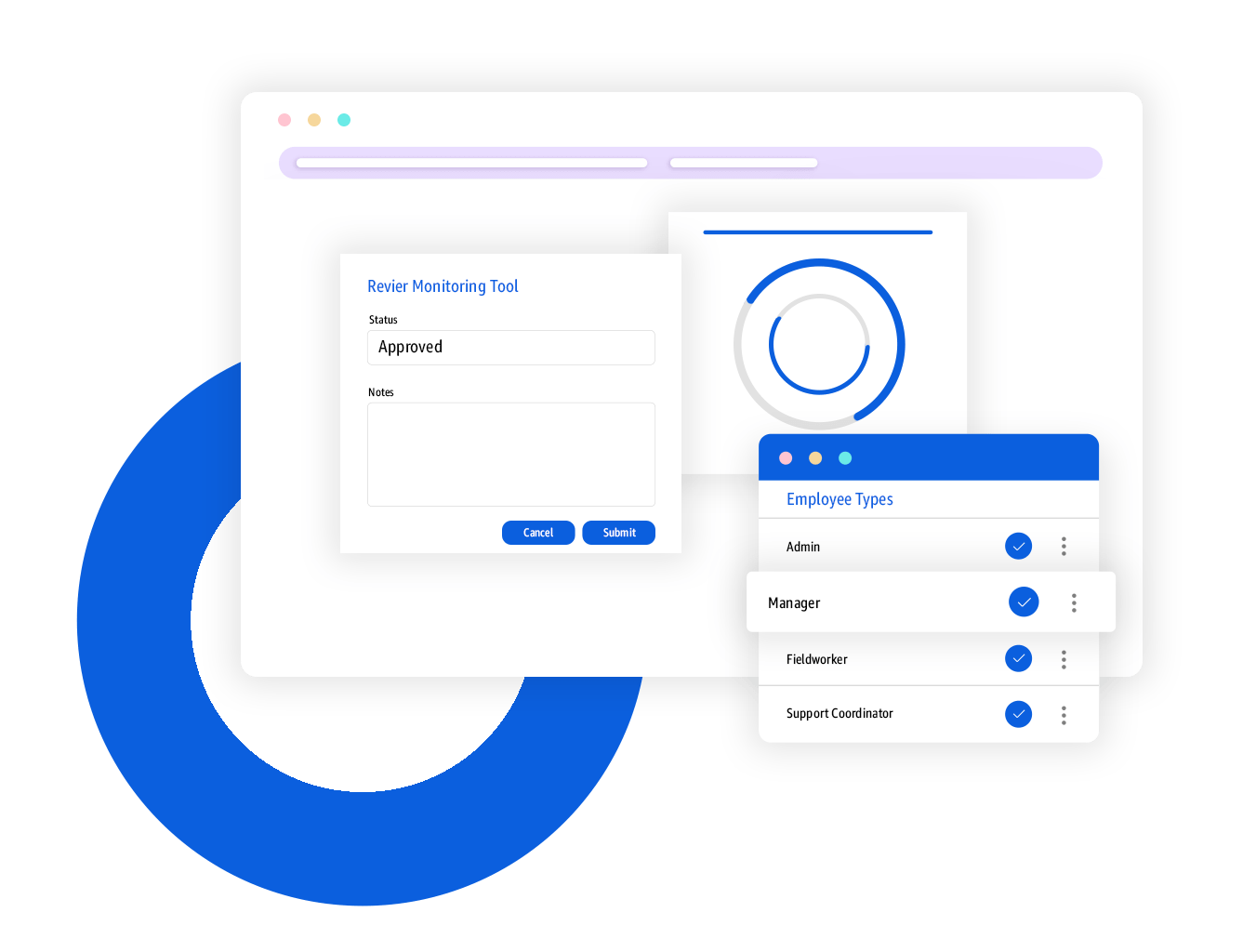Do you know the history and the first women to start social case work?
From tender moments shared with her grandmother to a lifelong commitment to compassionate care, Mary Richmond’s journey embodies the heart of social work.
Meet Mary Richmond, the woman who fearlessly pioneered social work, earning herself the esteemed title of the very first social worker. Her story is a testament to the transformative power of empathy and determination.
Mary’s journey began on August 5, 1861, in Belleville, Illinois. Fate dealt her a tough hand early on, as she lost her parents and siblings to Tuberculosis at just three years old. However, the love and care of her grandmother and aunts in Baltimore became her refuge.
Her grandmother, a fearless suffragette and advocate for change, introduced Mary to discussions on suffrage, politics, and spirituality. These conversations ignited a passion for helping the less fortunate and set the stage for her remarkable future.
Homeschooled and Surrounded by Inspiration
Despite her shy nature, Mary’s homeschooling was enriched by the wisdom of strong women. Her graduation from Baltimore Eastern Female High School at just sixteen was a remarkable achievement. Her thirst for knowledge led her to New York City, but life had other plans. When her aunt fell ill, she faced poverty alone.
For two years, Mary navigated the harsh realities of poverty, but her resilience shone through. Returning to Baltimore, she took on the role of a bookkeeper, where she discovered the transformative power of the Unitarian Church, finding solace, guidance, and the ability to connect with others.
From Shy Girl to Confident Woman
Her journey from introverted child to confident adult was marked by unwavering determination. Mary’s story is a testament to the human spirit’s ability to rise above circumstances.
The Birth of Charity Organization Societies (COS)
In 1889, Mary joined the Baltimore COS as Assistant Treasurer. COS organizations aimed to provide structured social services to the impoverished, disabled, and children, addressing urbanization’s challenges. These societies aimed to bring order to an ineffective system of providing aid.
Working with COS: A Transformational Period
Mary honed her leadership skills and knowledge while collaborating with the COS. Her achievements led to her appointment as the COS’s first female general secretary. Recognizing the need for proper training in assisting impoverished families, she passionately advocated for education in social work. Her groundbreaking speech in 1897 called for the establishment of schools to educate professional social workers.
Leading the Way: Mary’s Influence
Mary’s final move in 1909 saw her become the director of the Charity Organizational Department at the Russell Sage Foundation in New York City. Here, she spearheaded networks of social workers, revolutionizing their approach and methodology. Her groundbreaking book, “Social Diagnosis,” became a beacon for understanding social casework.
Mary’s Legacy: A Timeless Impact
Mary’s identification of six sources of power available to clients and social workers remains a cornerstone of social work practice. Her teachings continue to inspire social workers worldwide.
A Life Well-Lived
Though Mary Richmond’s journey ended in 1928 due to cancer, her legacy lives on. Her principles are disseminated widely through tools like FieldWorker, ensuring her timeless ideals continue to guide social workers making a difference.
Join the Legacy: Embrace Social Work with FieldWorker
Mary Richmond’s spirit lives on in the hearts of social workers. Join the legacy by signing up for FieldWorker today. Let technology amplify your impact, just as Mary’s teachings have for generations. Make a difference – start your journey now! #FieldWorkerLegacy #SocialWorkWithHeart
Be a Social Work Pioneer with FieldWorker!
Ready to follow in Mary Richmond’s footsteps? Sign up for FieldWorker today and revolutionize your social work practice. Be part of a legacy that changes lives. Join us now! #FieldWorkerPioneer #ChangeMakers

